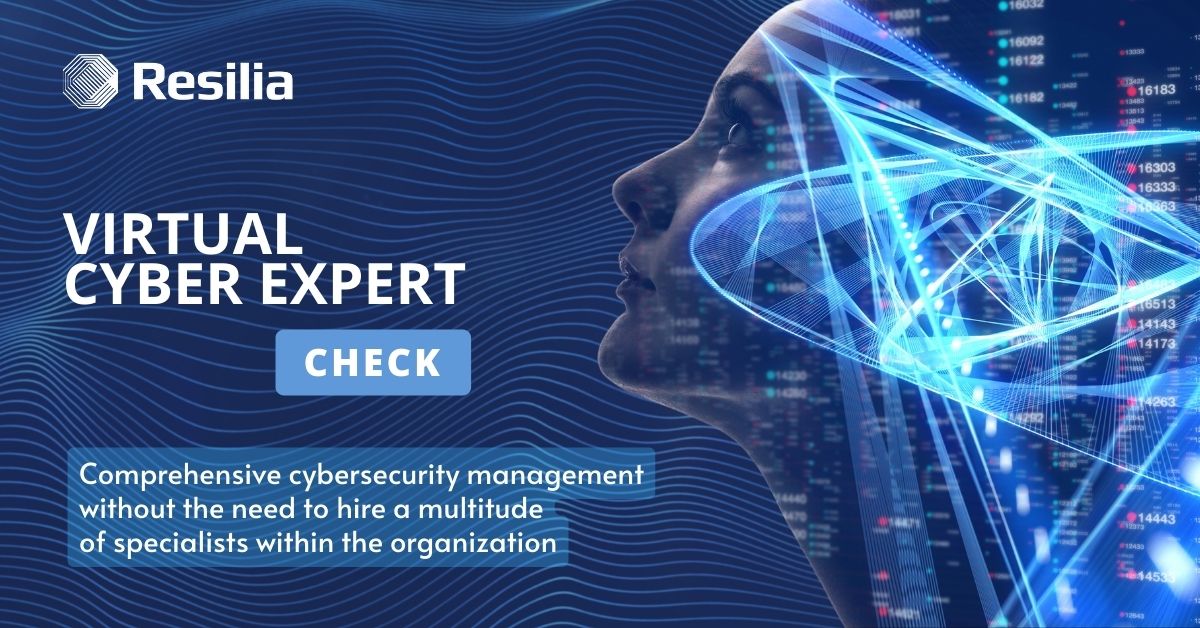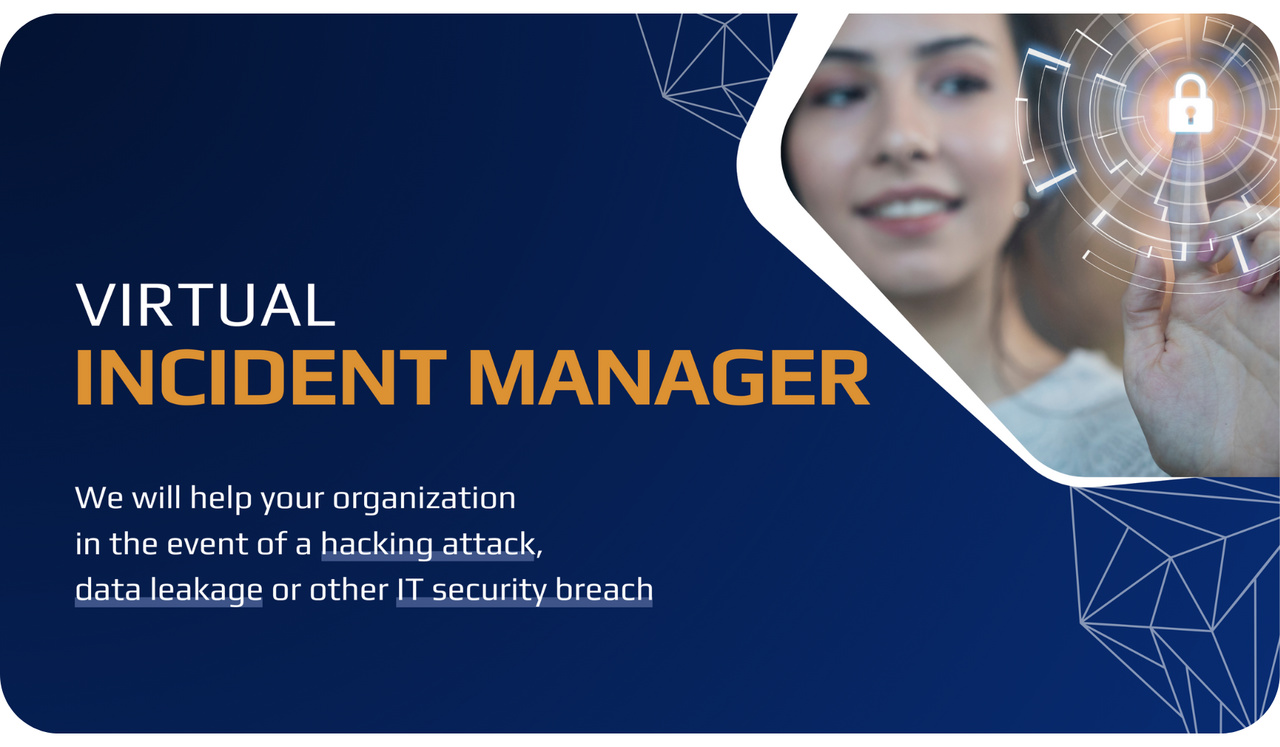7 myths about cybersecurity threatening business operations
In today’s world, effective defense against cyber threats is essential to ensure business continuity. Unfortunately, there are several misconceptions about cybersecurity that can seriously harm any organization. In this article, we will analyze seven common myths that contribute to neglect in the field of digital protection and hinder the achievement of a high level of security.
Myth #1: “My company is too small to be of interest to hackers”
Regardless of the size of the enterprise, cyber threats cannot be underestimated. Hackers do not choose their victims solely based on the size of the company. In fact, smaller businesses often become targets because they have weaker security measures. For hackers, potential profit matters, not the number of employees or the industry in which the organization operates.
Myth #2: “Cybersecurity is the responsibility of the IT department only”
Digital security is not solely the responsibility of the IT department. All units and employees of an organization play a significant role in ensuring digital security. Irresponsible behavior by just one person is enough for a hacker to gain access to company resources. Therefore, the entire team should be familiar with basic security principles such as using strong passwords, avoiding clicking on suspicious links, and not sharing confidential information. Building cybersecurity awareness in all areas of the company is crucial for effective protection against attacks.
Myth #3: “I don’t need to train employees in cybersecurity”
As mentioned above, employees are the first line of defense against hacking attacks and other security incidents. Without proper training, employees can make simple mistakes, exposing the entire company to unpleasant consequences.
The training program should include both initial training for new employees and regular training for the entire staff. The latter should ideally take place at least once a year to provide participants with the most up-to-date knowledge about new threats, attack methods, and effective defense strategies.
Organizations must also remember the need to continuously educate specialists. Those responsible for IT security in the company, network administrators, or cybersecurity experts should constantly improve their skills and participate in more advanced specialized training.
Myth #4: “We have an antivirus, and that’s enough”
An antivirus is an essential tool for combating malicious software, but it cannot provide complete security. It can detect and block many known viruses, but it will not protect against new, unknown threats that are more complex and require multiple layers of protection. Therefore, in addition to an antivirus, other solutions should be implemented to complement its functionality and effectively defend against various forms of cyber threats.
Read also: How do hackers attack VIPs? Examples of cyber attacks on high-profile individuals
Myth #5: “Then we just need a firewall”
Similar to the previous myth, while a firewall is an important part of network security, it does not guarantee full protection against all types of attacks. There are advanced techniques such as DDoS attacks that can easily bypass network firewalls. Therefore, it is necessary to use different tools, such as Intrusion Detection Systems (IDS) and Intrusion Prevention Systems (IPS).
Myth #6: “We deal with insignificant data”
Hackers can exploit practically any available information to break into corporate systems or steal user identities. Therefore, all data should be protected, regardless of its significance. Even seemingly innocent information such as email addresses, phone numbers, customer names, or business partners can be used for phishing attacks or other manipulation techniques based on social engineering.
Myth #7: “We have backups, so we don’t need to worry”
Creating data backups is an important part of a security strategy, but it is not the only means of protection. In the event of an attack or system breach, these backups can be damaged or infected. Therefore, it is equally important to regularly check and test implemented solutions and store backups in a secure location separate from the main production systems.
It’s time to debunk the myths before hackers strike!
Misconceptions and improper cybersecurity practices can lead to serious consequences such as:
- leakage, loss, or blocking of valuable data,
- intellectual property loss,
- financial losses and increased insurance premiums,
- legal consequences,
- equipment or software infections,
- employee identity theft and impersonation of employees or customers,
- damage to reputation and decreased credibility in the eyes of customers, contractors, and business partners,
- disruption of business continuity and, in extreme cases, business failure.
Read also: The most popular methods of cyber attacks on companies and their clients
A holistic approach is the key to effective cybersecurity management
To avoid events that jeopardize business operations, it is necessary to adopt a comprehensive approach to cybersecurity and continuously improve existing security measures. First and foremost, organizations must realize that cyber threats apply to every organization, regardless of its size and industry.
Secondly, it is crucial to implement appropriate, diverse, and tailored solutions that suit the specific needs of the company. Relying solely on one tool, such as an antivirus or a firewall, is not sufficient. Various technologies and methodologies must be employed to ensure security and effectively protect against all types of attacks.
Finally, the role of employees in the company’s security chain cannot be underestimated. Regular education and building risk awareness throughout the organization are necessary so that everyone is actively engaged in protecting company assets.





